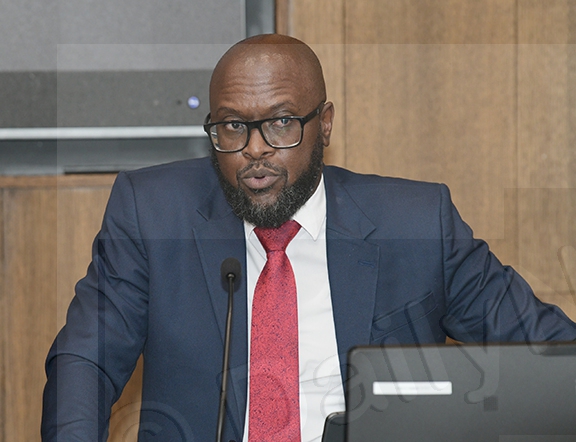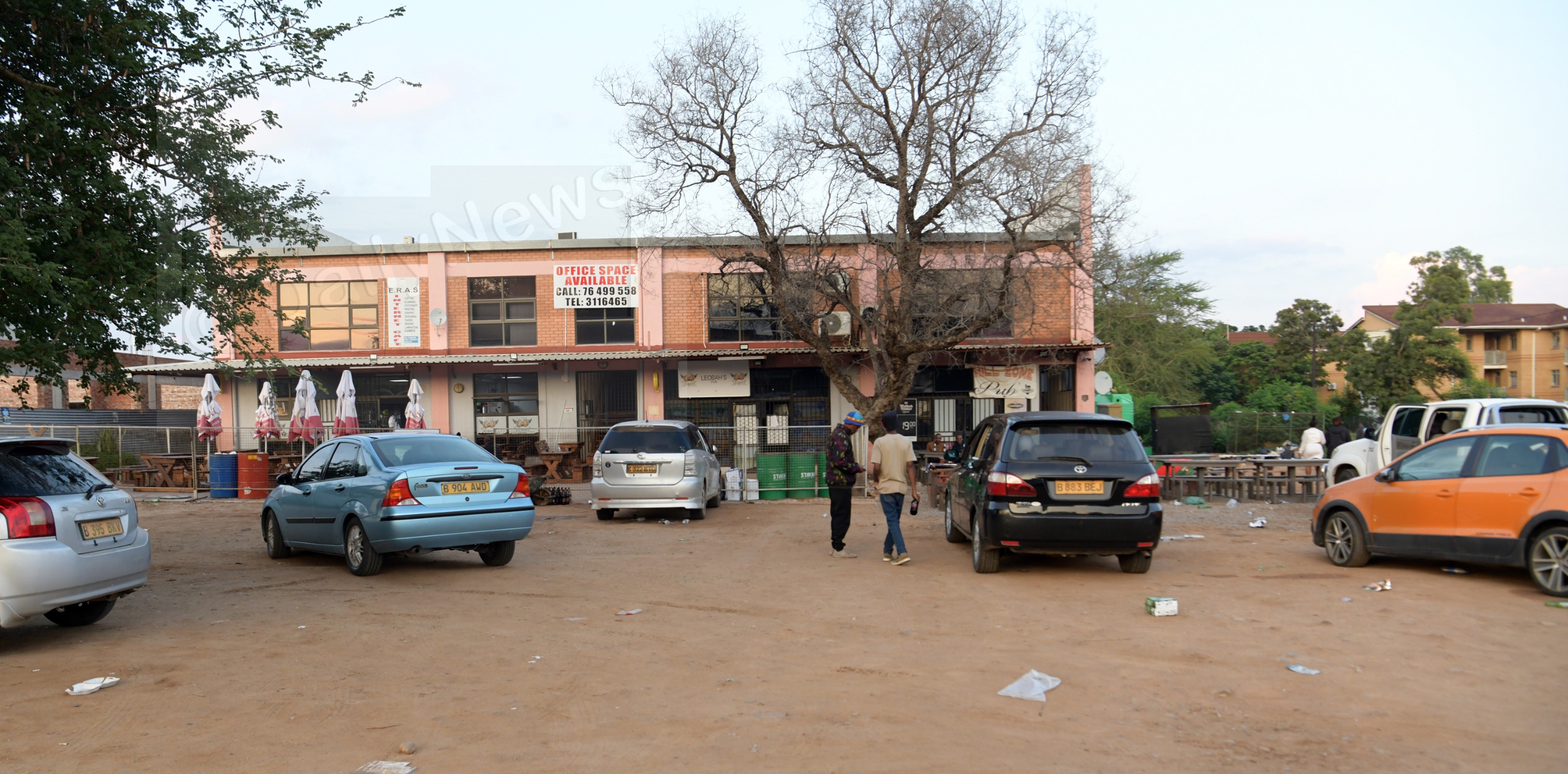NQP implementation requires collaboration
02 May 2024
Government and private sector collaboration is crucial for efficient implementation of the National Quality Policy (NQP) to achieve its purpose and ensure that quality of local goods and services conform to local and international standards.
Permanent secretary in the Ministry of Trade and Industry, Ms Ellen Richard-Madisa said this during the NQP project stakeholder engagement workshop in Gaborone on Tuesday.
The workshop organised to share and exchange ideas with stakeholders on how to efficiently implement the policy was themed, Using Quality for Botswana’s Global Competitiveness.
Officially launched by the Ministry of Trade and Industry on June 2 last year, following its approval by Parliament in 2022, the NQP, Ms Ellen-Madisa said, aimed to ensure that the quality of local goods and services matched the needs, expectations and requirements of producers, retailers and consumers as well as those of the regulatory authorities in both domestic and global markets.
She added that the policy sought to enhance trade and economic development, simultaneously ensuring that safety and health of human beings and the environment were not compromised.
She said implementation of the NQP, government was determined to pursue excellence and advance the economic development and quality of life for the nation owing to the commitment to improve the nation’s welfare and prosperity.
“The NQP expresses our ideals in quality implementation, including setting the quality infrastructure and implementation of technical regulations, which are critical for production of quality goods and services, in accordance with international best practices, so that our goods and services are internationally competitive,” she said.
She said high quality infrastructure provided direct positive impact such as high inefficiency, increased safety, decreased environmental impact and more effective delivery of goods and services.
“No one could downplay the important role it plays,” she said. “As such government and the private sector need to work together to ensure that the infrastructure served the purpose that it was intended to achieve.”
She thanked all the quality managers who attended the workshop, saying their technical expertise was essential in ensuring that the NQP was implemented efficiently.
“The importance of the technical regulators is that we cannot downplay your role, as you are the ones who ensure that health and safety of human beings, plant and animal life and environmental protection is enforced,” she added.
She said the need for government and the private sector to work together, saying government’s aspirations to achieve a high income status could only be realised through a private sector-led economy in line with Vision 2036 and the President, Dr Mokgweetsi Masisi’s call for a mindset change.
“And I know that we can only go far, as a nation, private sector and government when we change the way we have been thinking, move forward with the times and ensure that even as we begin to implement the quality policy we give ourselves time,” she said.
She also encouraged continued cooperation with various stakeholders, including consumers, conformity assessment bodies, technical regulators and all the industry players affected by quality.
“Continuing to work together with all stakeholders would help strengthen the resilience of quality implementation in order to fully leverage the potential for sustainable development,” she said. ENDS
Source : BOPA
Author : Lorato Gaofise
Location : GABORONE
Event : engagement workshop
Date : 02 May 2024






